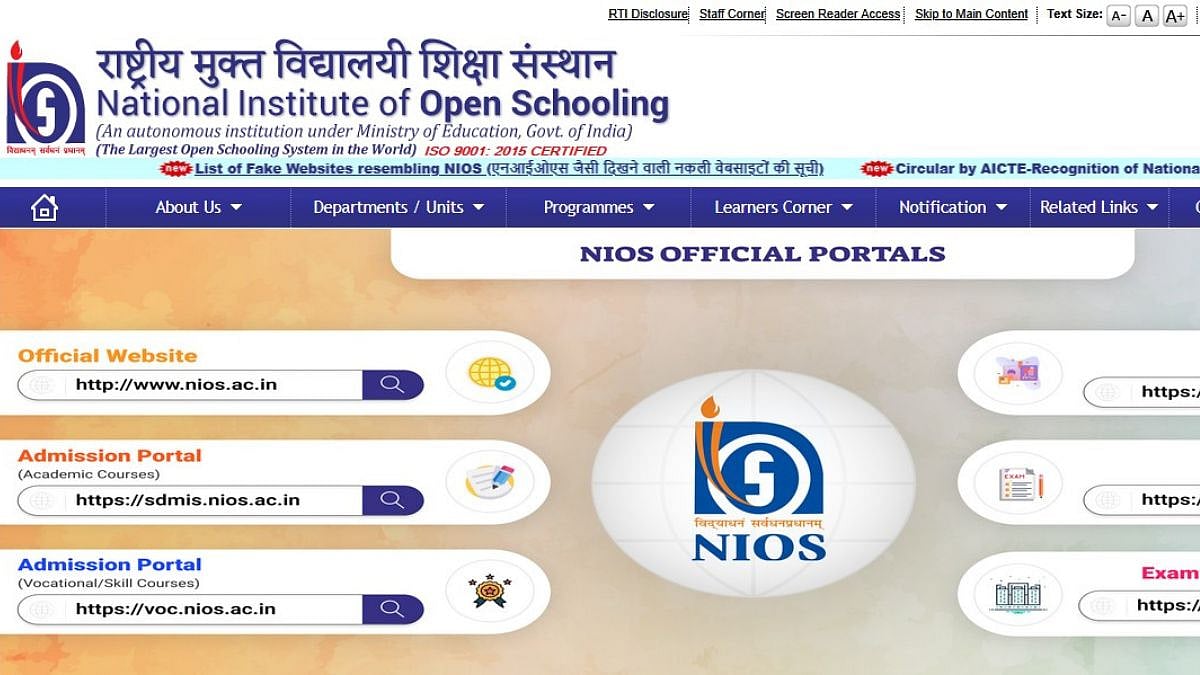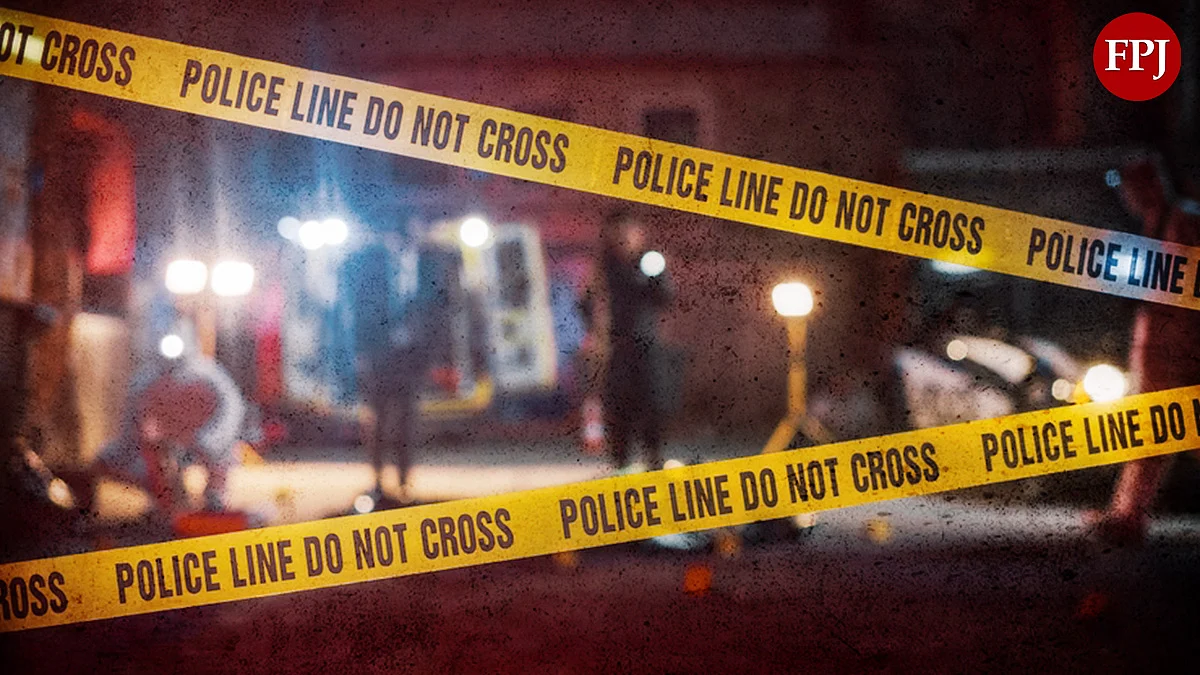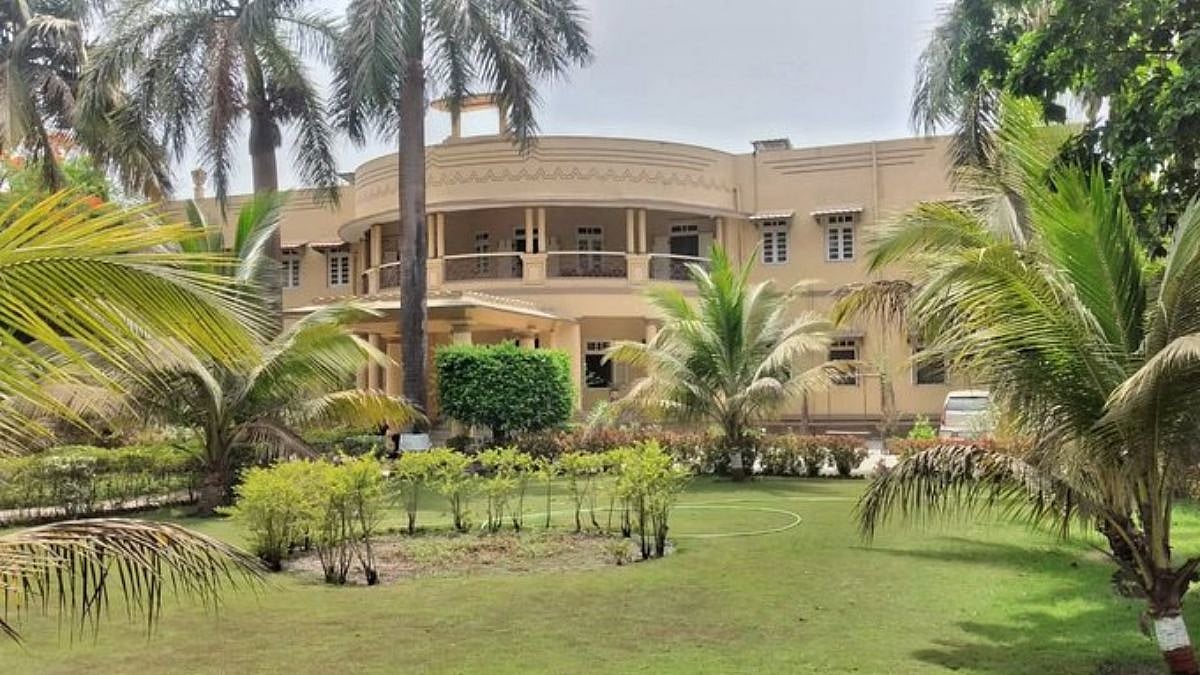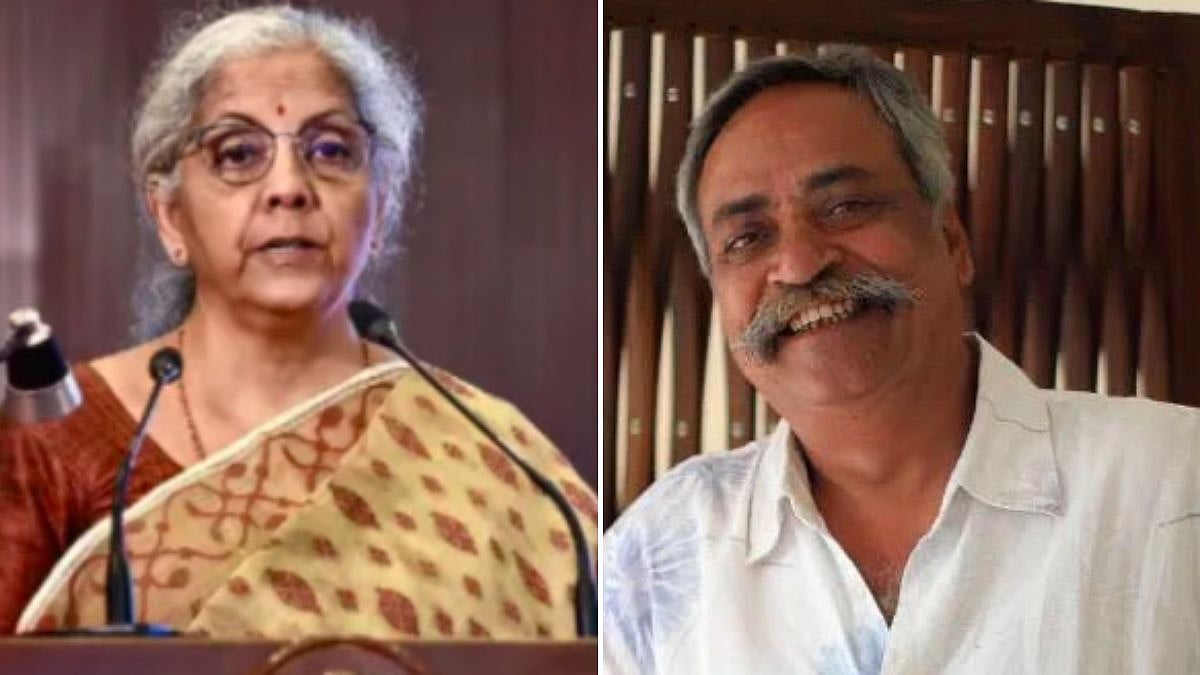In the Dharavi redevelopment project, a survey of 8,500 houses has been completed to determine the eligibility of residents for new homes. The survey, which began on March 18, has made significant progress. Apart from the survey, 21,000 constructions have been assigned survey numbers.
In the Dharavi redevelopment project, a survey of 8,500 houses has been completed. The survey will decide the eligibility of the residents who will be getting developed homes. The survey for the project, which commenced on March 18, has gained momentum with the authorities completing surveys of about 8,500 houses so far while as many as 21,000 constructions have been given survey numbers.
“These include residential, commercial and religious buildings. The survey is being done by 30 teams regardless of heat, wind and rain. Last week, the locals ousted some workers of an organisation who were obstructing the survey process and showed their support for the process,” sources said.
“The uniqueness of the Dharavi Redevelopment Project is that houses will be provided to both eligible and ineligible residents and no one will be rendered homeless. While eligible beneficiaries will get 350 sq ft of houses, the ineligible will get 300 sq ft houses in Mumbai. The project’s ‘key-to-key’ promise will see most residents directly getting keys to their new homes without being sent to transit camps,” sources added.
One of the residents said, “We spent our whole life here. There have been no proper toilets here for years and water accumulates in our houses every monsoon. How long should we endure this torture? If the survey process is completed, it will be clear who will get the house exactly where and how."
The project is being implemented jointly by the state government-owned Dharavi Redevelopment Project (DRP) and Dharavi Redevelopment Project Private Limited (DRPPL) of Adani Group.
The survey began from Kamla Raman Nagar near Matunga Road station with a unique number given to each tenement. This was followed by laser mapping of the respective lanes, known as a Lidar survey. A trained team visited every tenement with an indigenously developed application to scan documents.

The data collected will be used by the government to determine the rehabilitation eligibility criteria of the residents. It will also create, for the first time ever, a ‘Digital Dharavi,’ an advanced library of one of the world’s largest slums.
The state had envisaged to transforming Dharavi slums into a cluster of high-rises with improved urban infrastructure. It entailed resettling 68,000 people, including slum dwellers and those with commercial establishments. The redeveloped area will have community halls, recreational areas, public gardens, dispensaries and day care centres for children.










